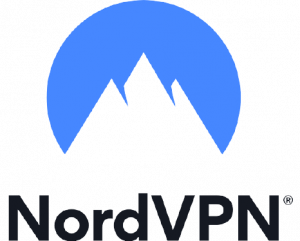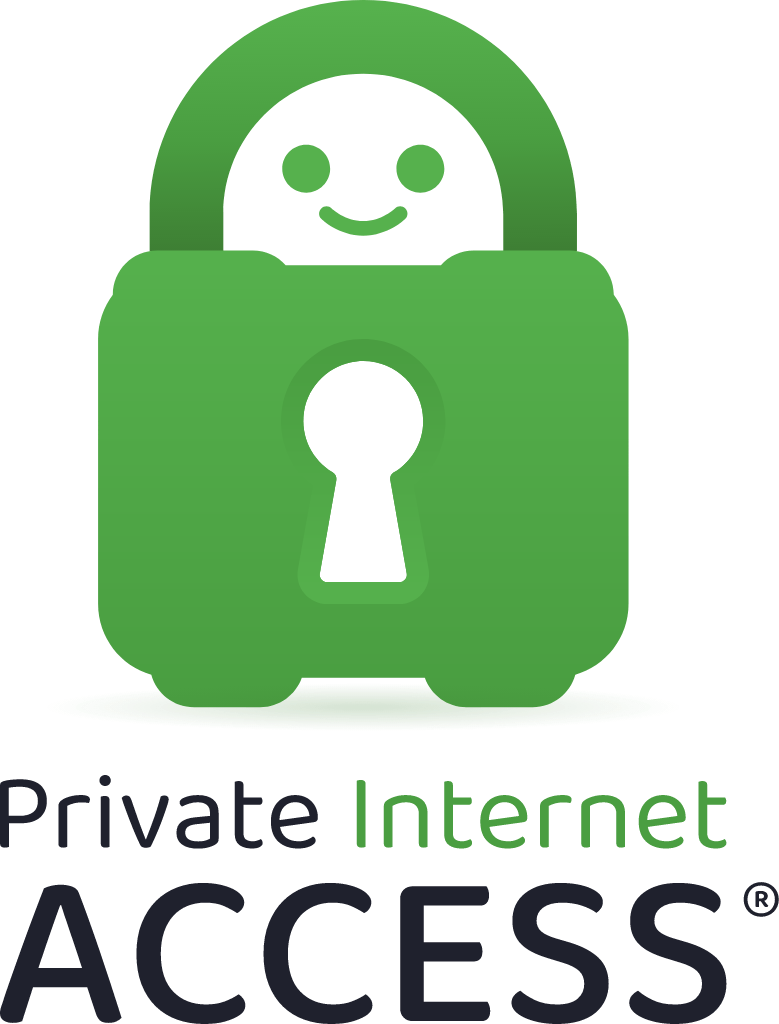A virtual private network refers to a secure connection through which users can transmit and receive data over a public network. Connecting to the internet with your smartphone, tablet, or PC without a VPN exposes you to specific privacy and security risks. But VPNs offer online security and privacy.
Establishing a connection through a VPN first encrypts the packets of data to be sent even before the public network sees it. The encrypted data is transmitted to a VPN server, which in turn, forwards the data to the destination. The VPN server offers anonymity because it hides your IP address, with the transmission carrying its address instead. You can surf the internet from one country while your VPN indicates another location.
In today’s technologically advanced world, network security is of primary importance. A VPN can secure your online activities from infiltrators and spies. It can even do much more. Here are some benefits of the VPN:
● Security Enhancement
The primary purpose of the VPN is to be able to establish a secure connection free of hackers and spies. It keeps your private information, such as passwords, IP address, and even your financial information from intruders.
● Anonymity
With the VPN, you can surf the internet freely while protecting your identity from exposure. Anonymity is vital even as you surf through websites and web apps. There are certain online activities (not fraudulent ones) we usually don’t want to be traced back to us.
● Remote Control and Access
You can use a VPN for a secure remote connection. It’s ideal for businesses because remote access enables their employees to work remotely.
● IP Change
You can keep your IP hidden as you surf the internet. This also allows you to connect to certain websites where IP addresses from some locations are blocked.
To set up a new VPN connection on your mobile or PC, here are steps to follow:
1. Find Trusted VPN Providers
If you’re new to VPNs, we recommend that you only use top trustworthy providers. We’ll advise that you opt for paid VPNs. However, the prices shouldn’t be outrageous. You can refer to our list for trustworthy providers who aren’t pricey.
2. Create an Account
For paid VPN, a provider may request you create an account through which you’ll make your purchase.
3. Download and Install the VPN Client on Your Device
You can visit your preferred provider’s page and download a VPN client matching your platform—Windows, iOS, or Android.
4. Sign in or Activate VPN
To activate premium service on the VPN, you may be required to sign in. Also, a paid VPN may request a serial number or license to activate it. And some providers offer free service for a limited period.
5. Set Up Other VPN Basics
The VPN usually begins work immediately after you sign in. However, you may need to make some necessary tweaks, such as deciding which country your IP address indicates.
The following are some primary differences between free and paid VPN
● Reliability
Running a reliable VPN service requires many additional services and functions which you quite frankly can’t get for free. This implies that the so-called free VPN is either not wholly free or is offering limited services with frail security. You may not be as completely secure as you think.
● Ads
Free VPNs are known for their barrage of unrelenting ads, making every surfing experience more frustrating. This is a common issue because the VPN has to earn income to keep the service running. Putting up ads is one of the most popular ways these providers generate income.
● Connection Speed
Free VPNs usually suffer slow browsing speeds. Typically, these providers have very few servers and continue offering service to their multitude of customers from servers that are already overwhelmed. On the other hand, a paid VPN usually has multiple servers in different locations, offering customers premium surfing speeds.
● Extra Features
Besides essential VPN services, paid providers commonly offer additional fantastic features to bolster online security and user anonymity. But there’s a huge limit to what a free VPN can provide you.
You can use your VPN on any operating system, including Windows, macOS, Linux, Android, and iOS. VPN clients are designed to suit different devices, such as laptops, desktops, mobile phones, and tablets.
Our list here includes the best of quality VPN providers who’re market leaders. But there are many brands—enough to make the wrong choice. However, we compile reputable providers who have built a name through quality services to customers over the years.









